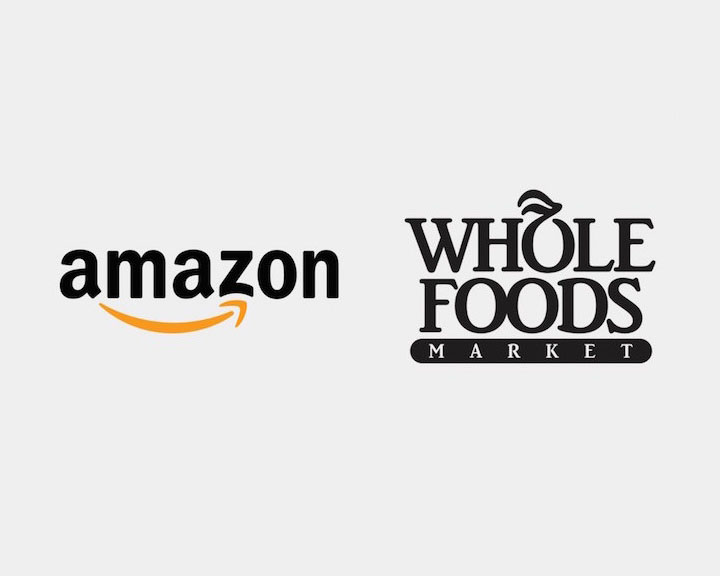
In a Surprise Move, Amazon Purchases Whole Foods Market for $42 Per Share
But what are the implications for organic?
In case you haven’t seen the blockbuster news already, it was reported this morning that Amazon plans to acquire Whole Foods Market for $42 a share, in an all-cash deal valued at $13.7 billion.
Under pressure from activist hedge fund Jana Partners to complete a sale, Whole Foods finally relented. My guess is that Co-Founder and CEO John Mackey realized that this was a fight not going away, even with the recent shake-up of the board. So, he decided to sell rather than having to deal with Jana for the next few years, a hedge fund that he called “greedy bastards.”
And if he personally oversaw a friendly sale, he could negotiate his staying on as CEO.
There are many, many questions about what will happen to all aspects of the company, but here I want to address what this sale means for organic.
1) IMPROVED ACCESSIBILITY With its world-class logistics, Amazon is going to leverage the hundreds of Whole Foods Market’s stores around the country and get fresh, organic food to almost everywhere in the U.S., on a same-day basis. I think accessibility of organic will reach unprecedented levels.
2) AFFORDABILITY ON THE RETAIL LEVEL Will Amazon owning Whole Foods Market mean that the in-store shopping experience, customer service, and wide selection will all suffer, in order to achieve the lowest prices possible?
I don’t think we know this yet. If Whole Foods Market becomes all about price, then it loses what makes it unique and different.
But based on comments this morning from Jeff Bezos, Amazon’s CEO, he says that he wants Whole Foods Market to continue operating as is.
3) SERIOUS E-COMMERCE COMPETITOR There is no question that when Amazon looked at Whole Foods Market, it saw a behemoth that had a weak e-commerce strategy. (I don’t consider a multi-billion dollar grocery leader outsourcing its e-commerce to Instacart to be sufficient).
Again, with Amazon’s prowess in logistics and both Amazon’s and Whole Foods Market’s purchasing power, Whole Foods Market will soon have a powerhouse e-commerce strategy. As of this morning, both Jet.com and Thrive Market now have a serious competitor that they didn’t have yesterday.
In terms of purchasing food online, it will be all about price, as affordability and variety will definitely improve for organic consumers. Organic brands should benefit from this as well, by seeing significant unit growth and exposure to a much larger customer base.
4) INTEGRITY OF ORGANIC While we may not have any idea about what Amazon will do when it comes to fighting to protect organic standards or fighting against GMO and pesticide contamination, we do know this.
Jeff Bezos – not Amazon – owns The Washington Post.
Why does this matter?
The Washington Post and its editorial staff have allowed and funded recent investigative pieces about fraudulent organic imports from abroad, whether ‘organic’ milk is really organic, and algal oil in organic milk.
These stories have been so influential and so important that it has gotten the Organic Trade Association – an organization that has come under sharp attack from organic consumers and advocacy groups for not doing enough to protect organic – to form an anti-fraud task force.
This gives us a glimmer of hope that Jeff Bezos actually cares about the future of organic and will be the billionaire that fights for our industry.
—
Overall, the sale of Whole Foods Market to Amazon should mean very significant advancements in making organic food more affordable and accessible to consumers. Furthermore, it should spur further growth in the industry.
The question then becomes can organic standards be maintained when there is even more pressure to lower the price of organic food. This is the real worry, not only for the integrity of organic but for the long-term financial health of small, family farmers.
 |
Have a great day! 
Max Goldberg, Founder |
The material in this newsletter is copyrighted and may be reprinted by permission only. All requests must be in writing. Please use our contact form to request republication rights.
